
So, you’re traveling abroad this year?
If ever there was a time we’ve looked forward to seeing more than our backyard and neighborhood, it is now:
With the Covid-19 vaccines slowly making their way into many countries, it’s not too early to look for destinations for the summer and fall.
We thought our experiences in traveling and learning various European languages might motivate you to do some language (re)learning.
What follows are several articles about traveling and language learning which we’ve published on our sister site.
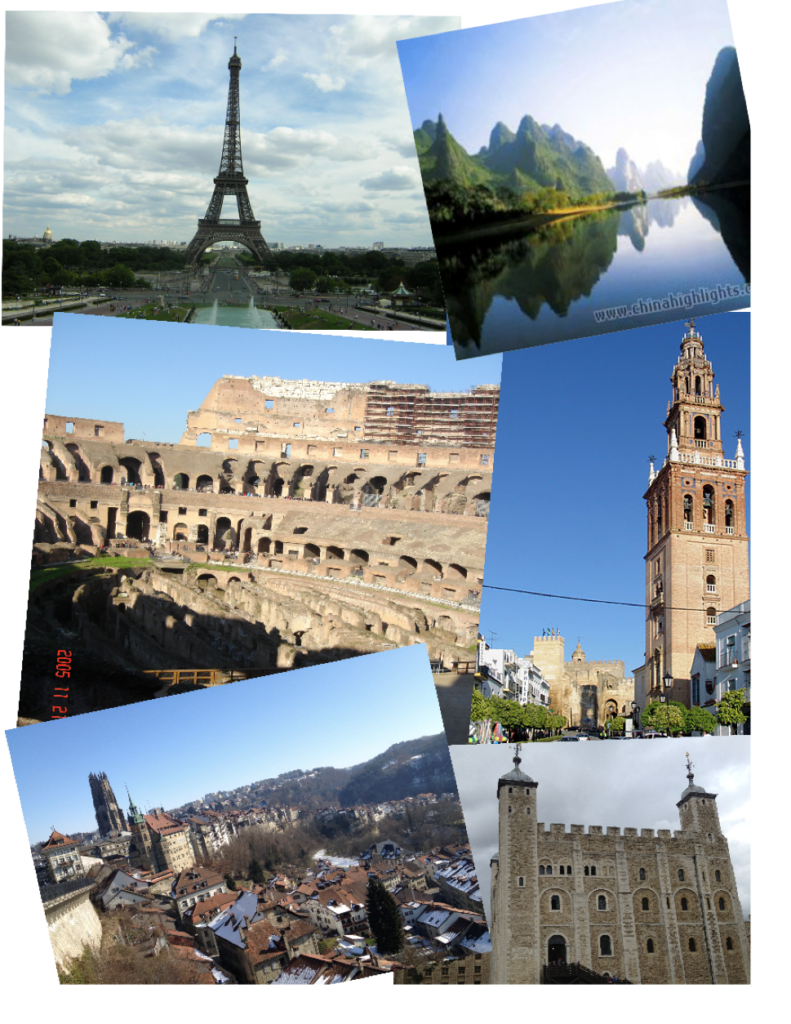
Language Learning Before Traveling Abroad? Maybe! But When & What to Learn?
Maybe you were already able to get vaccinated and are planning to travel abroad later this year – assuming this becomes possible again?
If you are like us, then you’ll also study a bit about the countries you are visiting.
Does it include a country whose language you have studied in school or college?
Then your preparation will be different than if you don’t know anything about that country or language.
And it will again be different if you plan to stay there for more than a few days – as we did for before our five-month stay in Rome after my retirement.
Indeed there can be various reasons why learning a new or brushing up on an “old” language may be a good idea.
One of our guest writers did so recently in “5 Reasons for Learning a Language Before you Travel”. (see below)
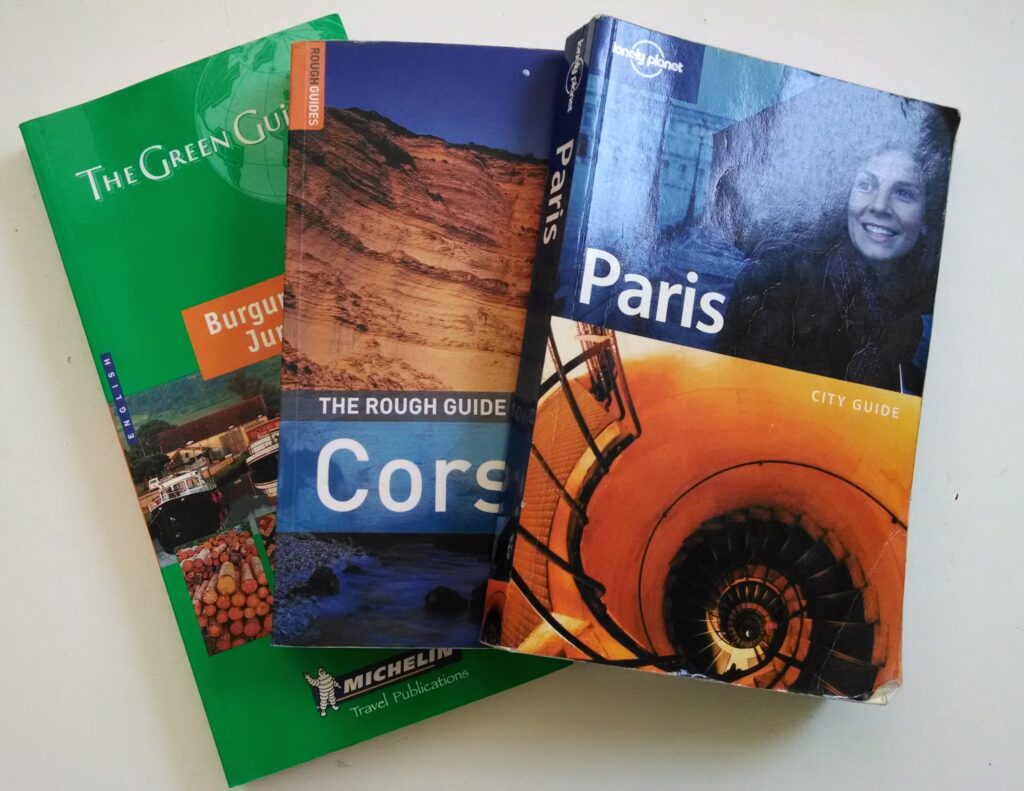
Why Travel is a Great Language Motivator
Indeed, just the prospect of traveling abroad always motivates us to learn or brush up on a language we know.
We’ve always found ways to “get into the mood” of the country or region we were planning to visit: We play some songs to soak up the new sounds. We cook up a couple of dishes and learn the local names for them.
Of course, we watch some travel videos. We also look for a mystery novel (in English) that’s set in the place where we’re going. Then, there’s art to explore in museum sites online, history to read up on, cultural events to find out about.
And even, if we have no clue about the country’s language, we’ll learn more than just some essential words.
We did that for Danish, before traveling through Denmark and staying for one week in Copenhagen.
(And, as you read on, you’ll also learn why I developed a love-hate relationship with Danish…)
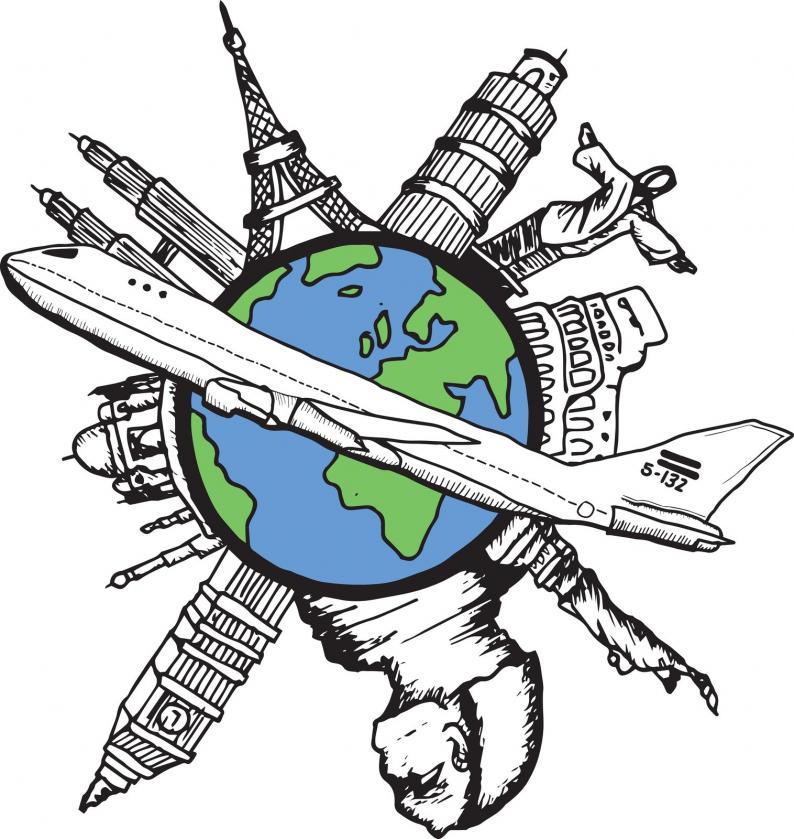
5 Reasons for Learning a Language Before you Travel
A few years ago one of our guest writers summarized well the major reasons for learning a language before traveling abroad.
For Hidaya (as for us) meeting new people, understanding their culture better, exploring off-the-track locations, being prepared for emergencies, and trying out the new language – are key reasons as well.
Interestingly enough, she agrees with us that learning the local language for a trip shouldn’t be “too demanding”. As she says: “Personally, I only take about 45 minutes to an hour a day for 2-3 weeks before visiting a foreign country.”
If it’s a classroom or self-study language that you’re re-learning, you may actually enjoy stretching out the preparation time into a few months.
Hidaya also points out, that in any case, a visit to a country or region will give you the chance to test your pronunciation, to try out your language for real.
Indeed, wherever you plan on visiting, being able to speak the local language, even if not fluently, can bring along a number of great benefits.
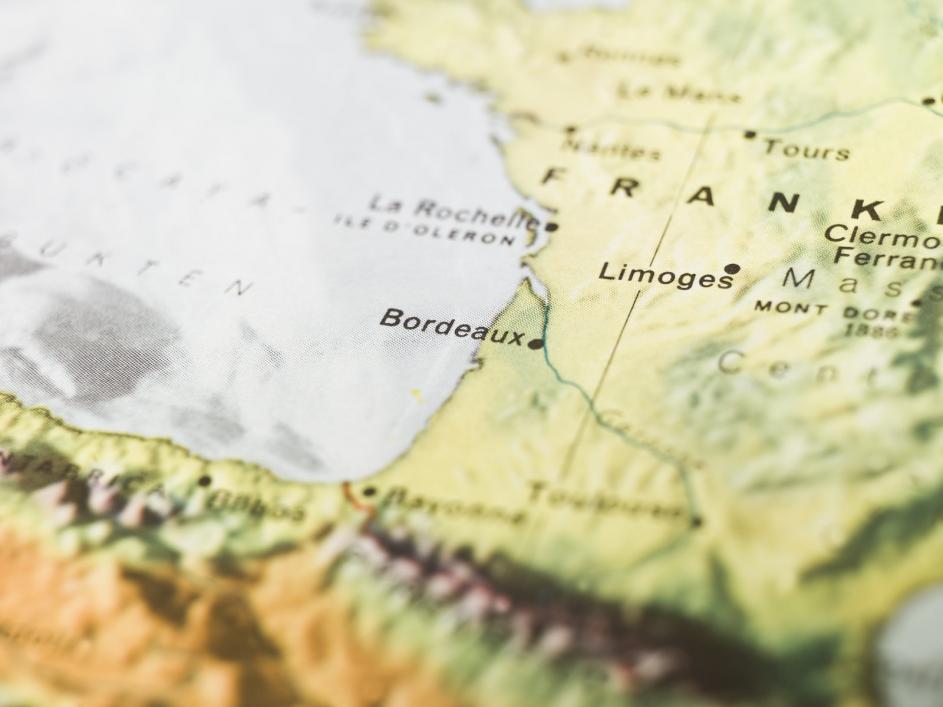
Before You Travel: 9 Tips to Boost Your Language Skills
A couple of years ago, we were planning to spend 2 weeks in Bordeaux, followed by another week traveling through the wine country and Périgord region.
While both Ulrike and I speak French quite fluently, Ulrike was super eager to take up her French a notch or two.
On that trip, she was happy with how easily she could engage in French with the people she encountered.
In this post, she describes the 9 practice techniques that she used.
But, these techniques also work for a new language that she learns before traveling.
There, she just focuses on the words and phrases that will be useful for her travels, even though she practices the same way.
So have a look. Surely these techniques can also help you learn a few essential travel phrases or get to the next level of the language that you once learned.
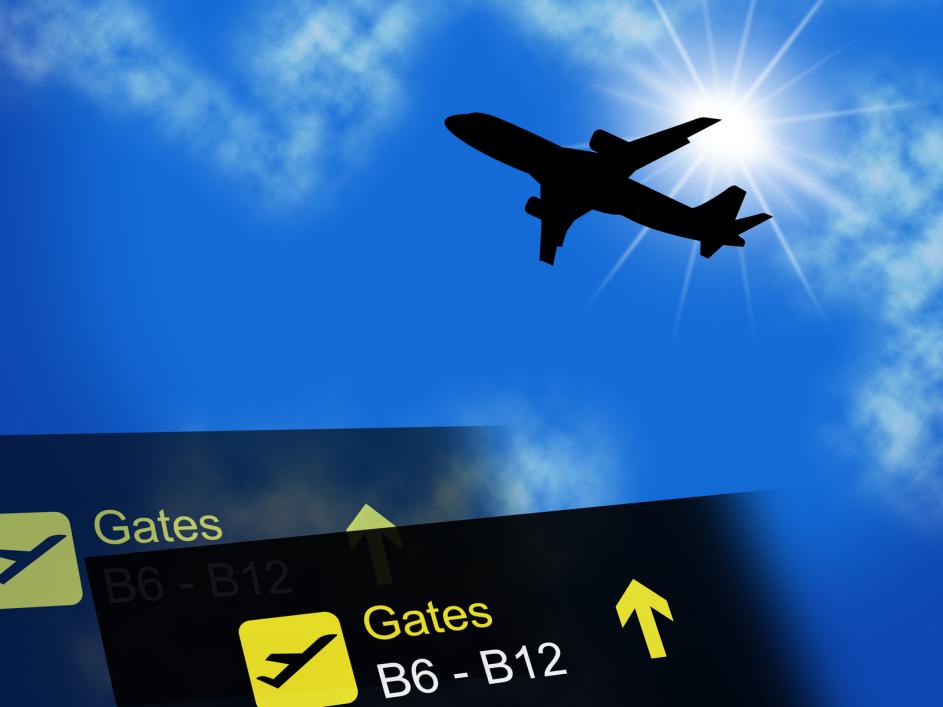
Traveling Abroad – “Everybody speaks English anyway”- Really?
When we try to argue the benefits of learning another language it’s not unusual to hear: “Why do it? Everybody speaks English anyway!”
Many Americans and for that matter many natives of other English speaking countries (Ireland, UK, Australia, New Zealand, etc.) often feel that the effort of learning another language is just not worth it.
This may be true if you stay close to the Cruise terminal or never travel off the beaten path.
But if you don’t, knowing at least a few basic words becomes a matter of necessity when you’re looking for the bathroom or a street or place to stay.
Admittedly, traveling with a guided tour group as part of an all inclusive package greatly reduces such necessity. But the inability to communicate in the local language may also limit your travel experiences.
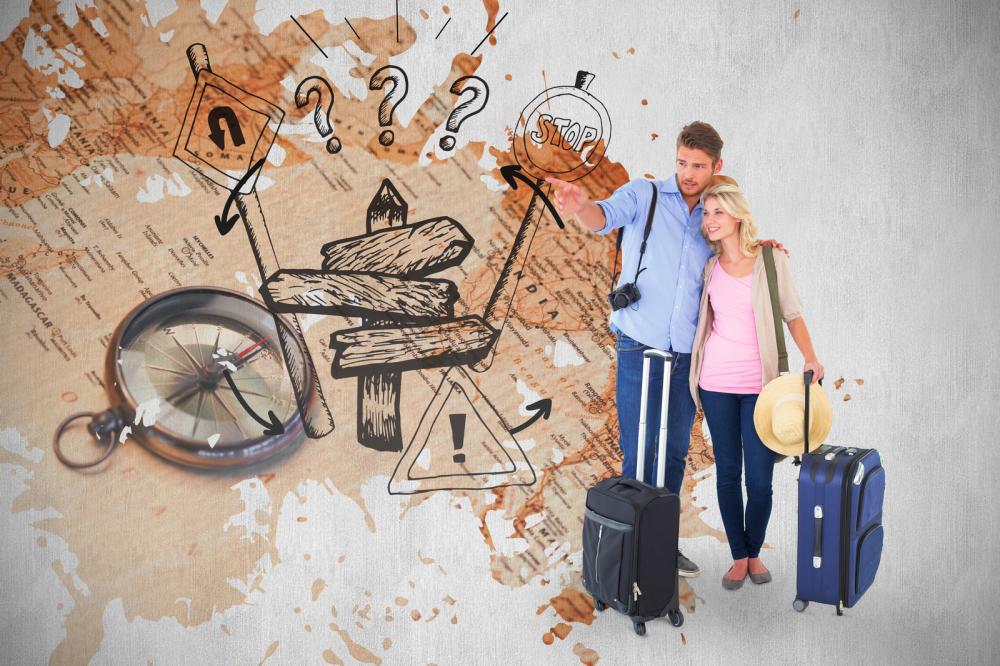
Which useful phrases should every traveler know?
Besides English and German (our native language) Ulrike and I speak several other European languages. However, during our travels to China and Japan these were of little use.
And although we spent several months preparing with Pimsleur audio tapes, we would never claim “to speak” either language.
However, we certainly learned and used many words and phrases that proved very helpful.
In addition to the greetings and polite phrases like please, thank you, excuse me, etc. , knowing Japanese and Chinese numbers proved especially useful.
We also found that in these and other countries asking for directions with “Excuse me, where is…?” would rarely let us understand the answer – but it was nearly always the gateway to a conversation in a language that we understood.
So – think about it. Even if English is your native language and the only one you speak fluently, learning just a few words and phrases of the local language can make your stay in a place so much more interesting and enjoyable:
It can become the starting point for more tips and insights, or simply the beginning of a conversation with a local resident – even if it continues in English.
If you have made it to the end of this post, you will have found many reasons why and how learning just a few essential words and phrases can enhance your travels abroad and create some valuable memories.
These are such great tips Peter and Ulrike. As travel writers, we make a point of trying to learn at least the basics of a country’s language before we travel there … good for the mind, soul and for opening doors and encouraging smiles.
Thanks for your comment, Michael. It’s actually fun learning a few phrases of a new language, to try the sounds. Using local greetings, etc., will always get you a smile. It disrupts the: “Here I am, speak English with me!” attitude.